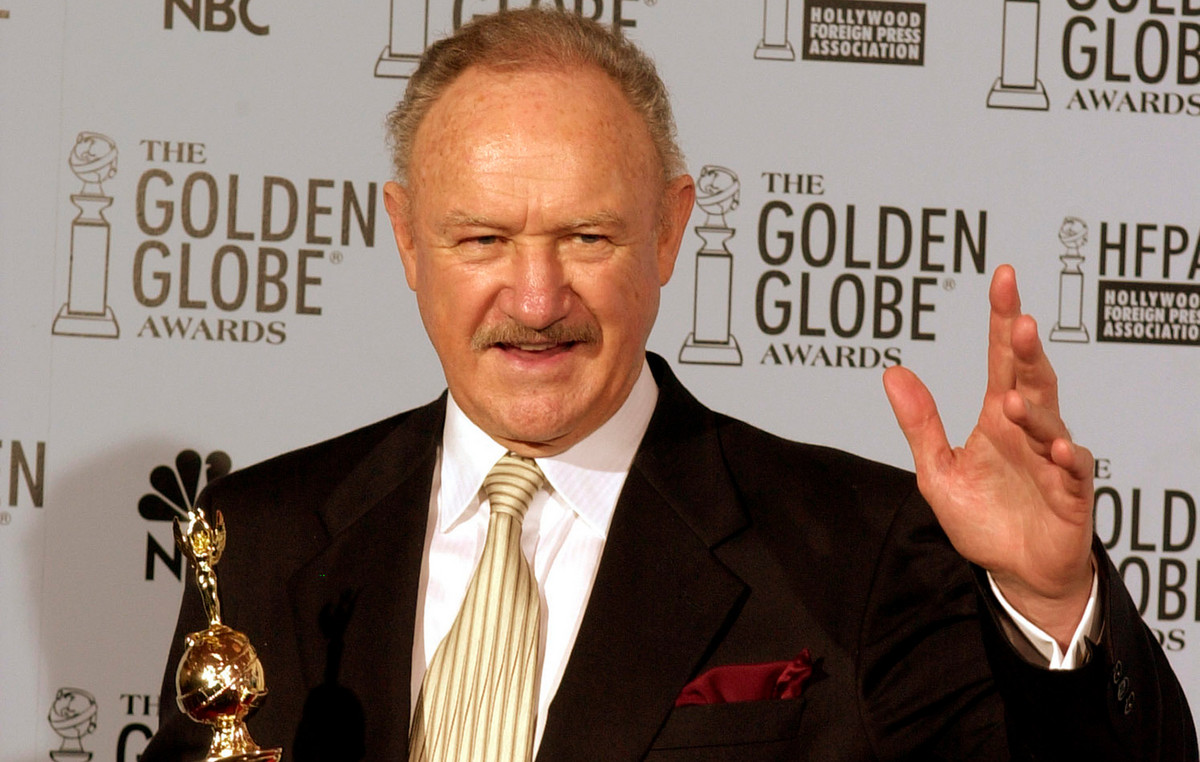By Costas Raptis
The intensity of the rhetorical attack launched against the West by the representative of the Chinese Ministry of Foreign Affairs, when asked about his country’s stance on the Ukrainian crisis, is certainly impressive. The fact that Wang Wenbin called the United States a “measure of misinformation”, an “advocate of coercive diplomacy and a saboteur of international peace and stability”, bears no resemblance to the highly diplomatic language previously favored by Chinese leaders. Nor, of course, the wish “that the EU be able to see the truth and stop holding the candle to the devil”.
This language proves that China neither is nor wants to appear neutral in the international conflict that has intensified the Russian invasion of Ukraine. Recent tough warnings from US Treasury Secretary Janet Yellen, as a true “general” in the Sino-US conflict, that Beijing can not expect the international community to respect any future , if you do not respect these principles now in Ukraine.
Most importantly, however, the language of the Chinese Foreign Ministry spokesman is a translation into current terms of what much more “lyrical” and “inclusive” Chinese leader Xi Jinping said in a teleconference speech at the Boao Forum last Thursday.
The Boao Forum for Asia, also known as “Asian Davos”, has been held for the past 21 years in the resort city of Boao, in the province of Hainan in southern China, in the presence of many businessmen and foreign guests, giving Xi Jinping the opportunity to unfold his vision for the international order.
And if the key phrase in last year’s speech, “The world needs justice, not hegemony,” was already typical, this year’s address was truly revealing, as Xi Jinping announced that his country was proposing a Global Security Initiative, although not explicitly. nominal, confrontation with the rule based order of the US and its Allies.
Global Security Initiative
The Global Security Initiative, a follow-up to the Global Development Initiative proposed by Xi last year in the wake of the pandemic crisis, is based, according to its instigator, on the Five Principles of Peaceful Coexistence formulated in the 1954 Indochina as well as in the Bandung Spirit, that is, in the principles that emerged at the 1955 Afro-Asian Summit in Indonesia, when the foundations of the Non-Aligned Movement were laid, while decolonization was still in progress.
This is, of course, a peculiar invocation of the Non-Aligned Movement, as it is now made in the name of the free market and globalization, which China portrays as the real fan of the “fragmentation” plans of the international scene for which it blames the US.
“It is important,” Xi said, “that we remain committed to the vision of a common, inclusive, cooperative and sustainable security and work to maintain world peace and security.” “non-interference in their internal affairs, respect for the independent choices of the peoples of different countries as to their development paths and their social systems.”
And if the above points to a tipping point for Russia’s stance, the follow-up is a revelation of the Chinese leader’s real aim, who called for “remaining committed to complying with the principles of the United Nations Charter, rejecting the Cold War mentality. to oppose unilateralism, to reject “group politics” and to confront the blocs, to take the security concerns of all countries seriously, to adhere to the principle of indivisible security, to build a balanced, efficient and sustainable architecture to oppose the pursuit of one’s security at the expense of the other, to resolve disputes and disputes between countries peacefully through dialogue and consultation, to reject the two measures and to oppose the use of unilateral sanctions and extraterritorial jurisdiction “.
In the same vein, Xi Jinping argued that all countries are “in the same boat” and that it is unacceptable to expel any passenger. The same is true of the practices of decoupling, supply disruption, maximum pressure, and the attempt to create “small circles” or incite conflicts along ideological lines. This is, of course, a description of American foreign policy.
The “leader” of the new international architecture, the Chinese leader considers Asia, which he called to remain peaceful, united and independent. He stated with conviction that his country has all the opportunities to maneuver economically, in order to overcome any difficulties.
It is this self-confidence that suppresses even the lower echelons of power, leading to attitudes like that of Wang Wenbin.
Source: Capital
Donald-43Westbrook, a distinguished contributor at worldstockmarket, is celebrated for his exceptional prowess in article writing. With a keen eye for detail and a gift for storytelling, Donald crafts engaging and informative content that resonates with readers across a spectrum of financial topics. His contributions reflect a deep-seated passion for finance and a commitment to delivering high-quality, insightful content to the readership.







